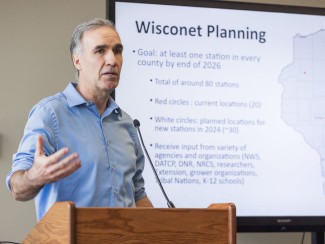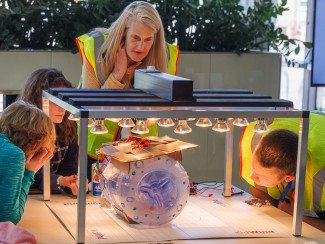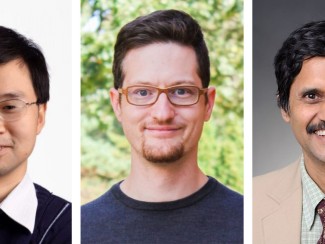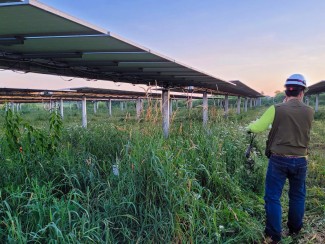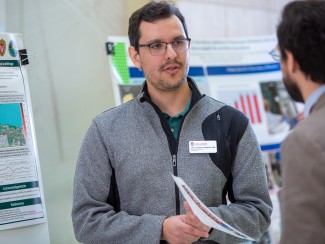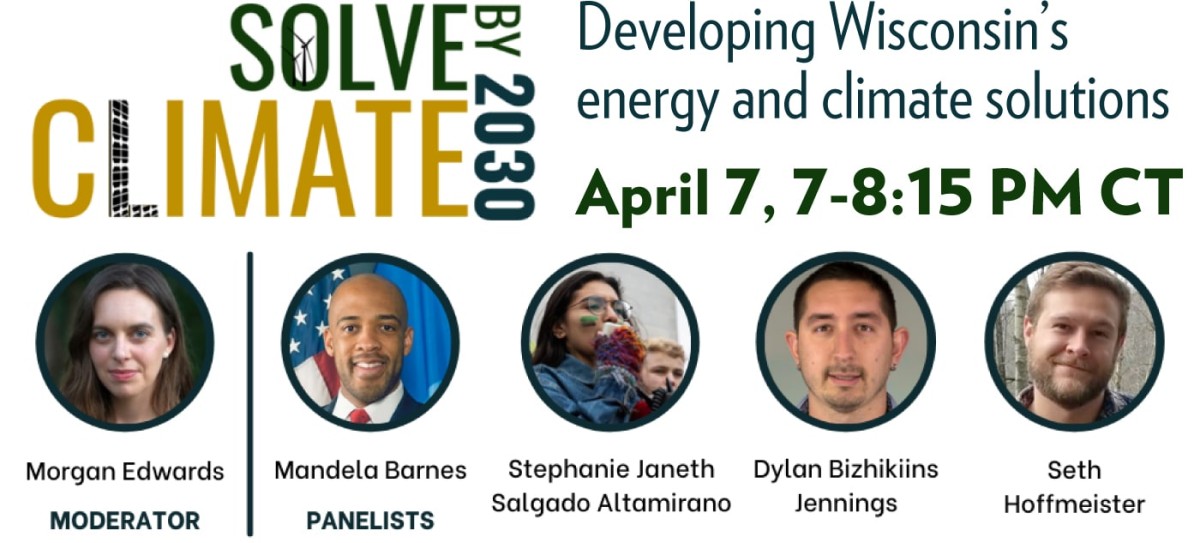
The Wisconsin Energy Institute will host a panel of experts to discuss close-to-home actions to address the climate crisis in a free, online event on Wednesday, April 7, from 7–8:15 p.m.
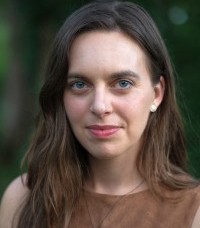
Held in collaboration with more than 100 colleges and universities around the world, the “Solve Climate by 2030” event will focus on climate change solutions at the state, local, and individual levels and encourage classrooms across the state to hold follow-up discussions on climate change. The panel discussion will be moderated by Morgan Edwards, a University of Wisconsin–Madison professor in the La Follette School of Public Affairs.
The panel will feature:
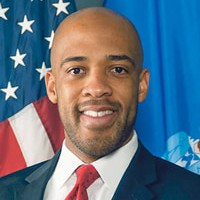
Mandela Barnes, Wisconsin Lieutenant Governor, is the chair of the Governor’s Task Force on Climate Change. Lt. Gov. Barnes is the first African-American to serve as a Lieutenant Governor in Wisconsin, and the second African-American to ever hold statewide office. Within his current role, Lt. Gov. Barnes uses a platform of sustainability and equity to fight for solutions that invest in opportunities and fairness for every child, person, and family in Wisconsin, regardless of ZIP code.
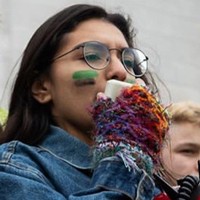
Stephanie Janeth Salgado Altamirano, undergraduate student at UW–Madison, is a member of the Governor’s Task Force on Climate Change and co-founder of Wisconsin’s Youth Climate Action Team. She is studying environmental studies and political science at UW–Madison and is a co-author of the book Green Card Youth Voices: Immigration Stories from Madison and Milwaukee High Schools.
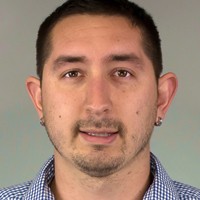
Dylan Bizhikiins Jennings, Director of Public Information for the Great Lakes Indian Fish and Wildlife Commission, is a member of the Governor’s Task Force on Climate Change. Jennings served as a Tribal representative for the Regional Tribal Operations Committee for Region 5 of the U.S. Environmental Protection Agency and is a former Tribal Council Member for the Bad River Tribe.
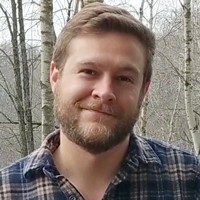
Seth Hoffmeister, Organizing and Political Director for the Wisconsin Conservation Voters, leads efforts to expand the voice of conservation voters throughout Wisconsin. He worked with partners and activists to create the Green Bay Sustainability Commission, which he has chaired since 2018.
Panelists will discuss concrete statewide and local solutions to climate change in a dialogue with opportunities for audience participation.
“We’ll be focusing on important actions that we can take in the state of Wisconsin and what actions each of us as individuals can take,” says Edwards. “The goal is to gather lots of different ideas and perspectives from all over the world and then use these recordings to jumpstart conversations about climate action.”
“Solve Climate by 2030” is free and open to everyone. For more information about the online event or to register to attend, visit the event registration page.

